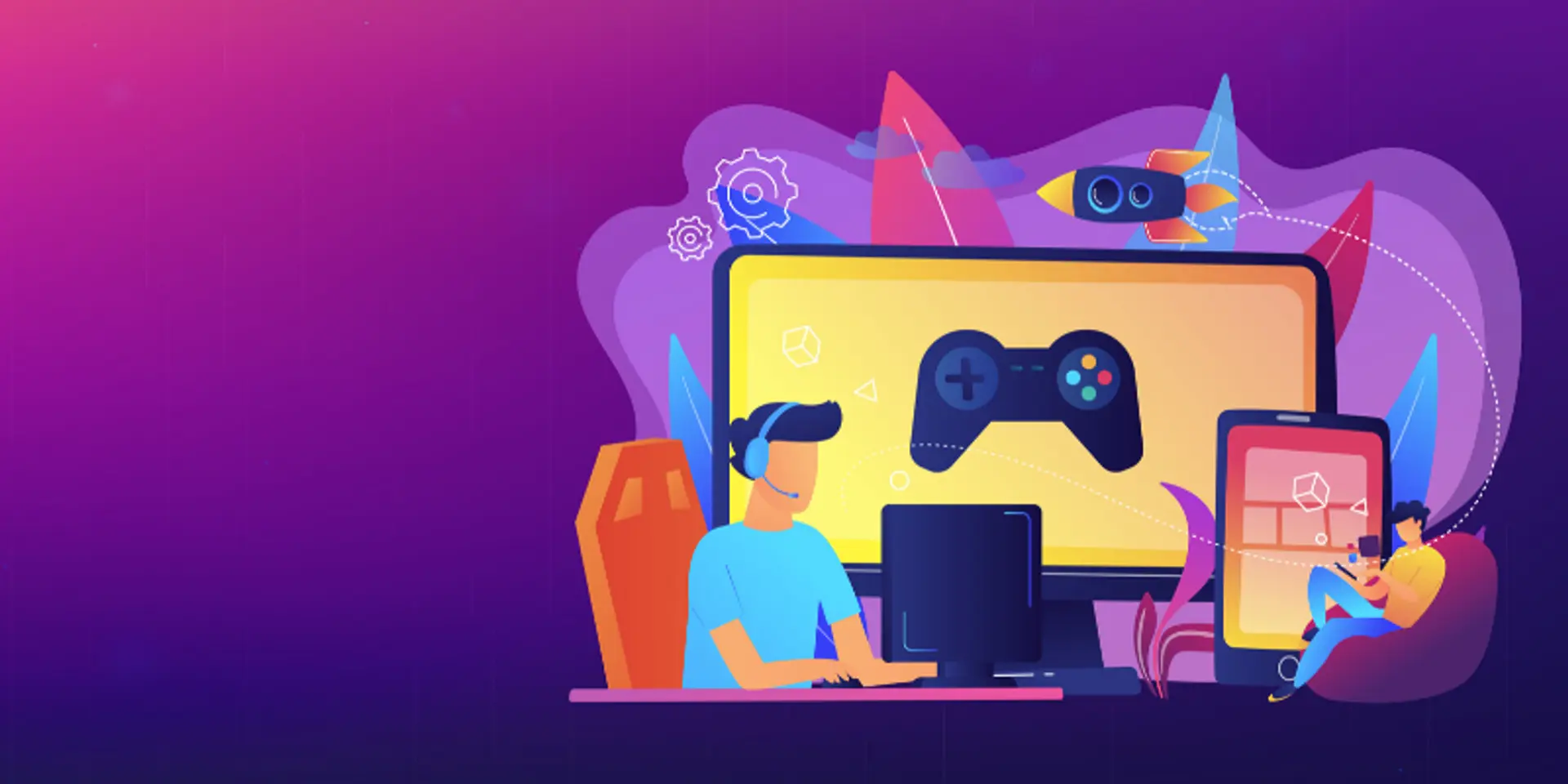Why traditional gamers could gradually accept NFT gaming
NFT games take the best features of games and let gamers monetise their skill. It allows them to earn revenue from something they are already great at doing.
The gaming industry is known for its innovation. From arcades to AR/VR gaming—video games have continued to fascinate and delight users with their immersive graphics and rewarding gameplay.
As we move towards a more decentralised and ownership-centric Web3, gaming has developed to reflect these crucial features. With read-write-own being the focal point of Web3, ownership and monetisation are key to the future of gaming.
NFTs in gaming
While gaming assets have always existed to enhance the gaming experience, they take on a new dimension when introduced as gaming NFTs or non-fungible tokens. NFTs have the wonderful capacity to take something as beloved as gaming and add another element to it through their inherent collectible value.
Previously, you would have to buy an asset, use it in the game, and that was it. You couldn’t trade, sell, or rent it out. In fact, if the developers decided to pull the plug on the game, you would lose the asset. In short, the gamer never truly owned the asset.
With blockchain-based NFT gaming, this issue is eliminated. Once you buy the asset—a weapon, skin, or avatar—it’s irrevocably yours. Not only can you use the collectible to earn in the game, but you can also choose to trade it on a marketplace—that hasn’t been possible until now.
In a sense, NFT gaming could be viewed as the pinnacle of the gaming and digital collectibles spaces (hitherto, at least). While the NFT world is populated with PFPs and similar digital collectibles, gaming assets offer tangible utility. These digital assets elevate the gaming industry by making it more accessible and providing varied experiences.
With the advent of the metaverse, abundant new avenues could be explored by utilising gamified NFTs. Advertising, for instance, could be taken to the virtual world, fully expected to be the GenZ hangout spot.
NFT games to benefit traditional gamers?
Traditional gamers love gaming for the thrill of it. The adrenaline rush, the vivid worldbuilding and storyline, and the social status when it comes to multiplayer games—these elements make gaming entrancing to the player. So, who wouldn’t want to escape the mundane and experience powers that defy all laws of physics?
But traditional gaming stops right there. You can play all you want, but at the end of the day, it may not translate to benefits in the real world.
NFT games, however, take all the best features of the games and let gamers monetise their skill. Essentially, it allows them to earn revenue from something they are already great at doing.
Besides the monetisation angle, NFT games lend a layer of customisability to the gaming experience. For example, if you’d like your in-game avatar to reflect your personality and fashion choices, it can be possible by simply purchasing those attributes or accessories on a suitable NFT marketplace. Not only does it build your player, but the resulting uniqueness often drives up the value of the NFT, letting you sell it for a higher price.
Another great perk of NFT gaming, especially for the traditionally inclined, is that they create a more level playing field. Quite literally! The richest cannot simply buy the best assets and move to the top. Rather, more often than not, the in-game collectibles will have to be upgraded after rigorous training. Therefore, it requires the player to put their skills to the test and reap the rewards, making the incentive that much sweeter.
Future of NFT gaming
It is abundantly clear that gaming evolves parallel to advancements in technology. With this evolution comes a diverse range of benefits for the user, even those who are used to traditional games. Games like Axie Infinity, Meta Cricket League, Gods Unchained, and The Sandbox are instances of blockchain-based NFT gaming garnering acclaim because of what they offer.
Maybe even more lucrative than the monetary rewards is the community that comes with an NFT project. An engaged and enthusiastic community is vital to an NFT game. Many decisions are driven by the group of players, and it provides a sort of home for gamers—a place where they can connect with like-minded people and share their mutual love for gaming.
While NFT gaming may not get you to the top of Maslow’s hierarchy of needs, it may help satisfy more requirements than your traditional game.
Edited by Suman Singh



